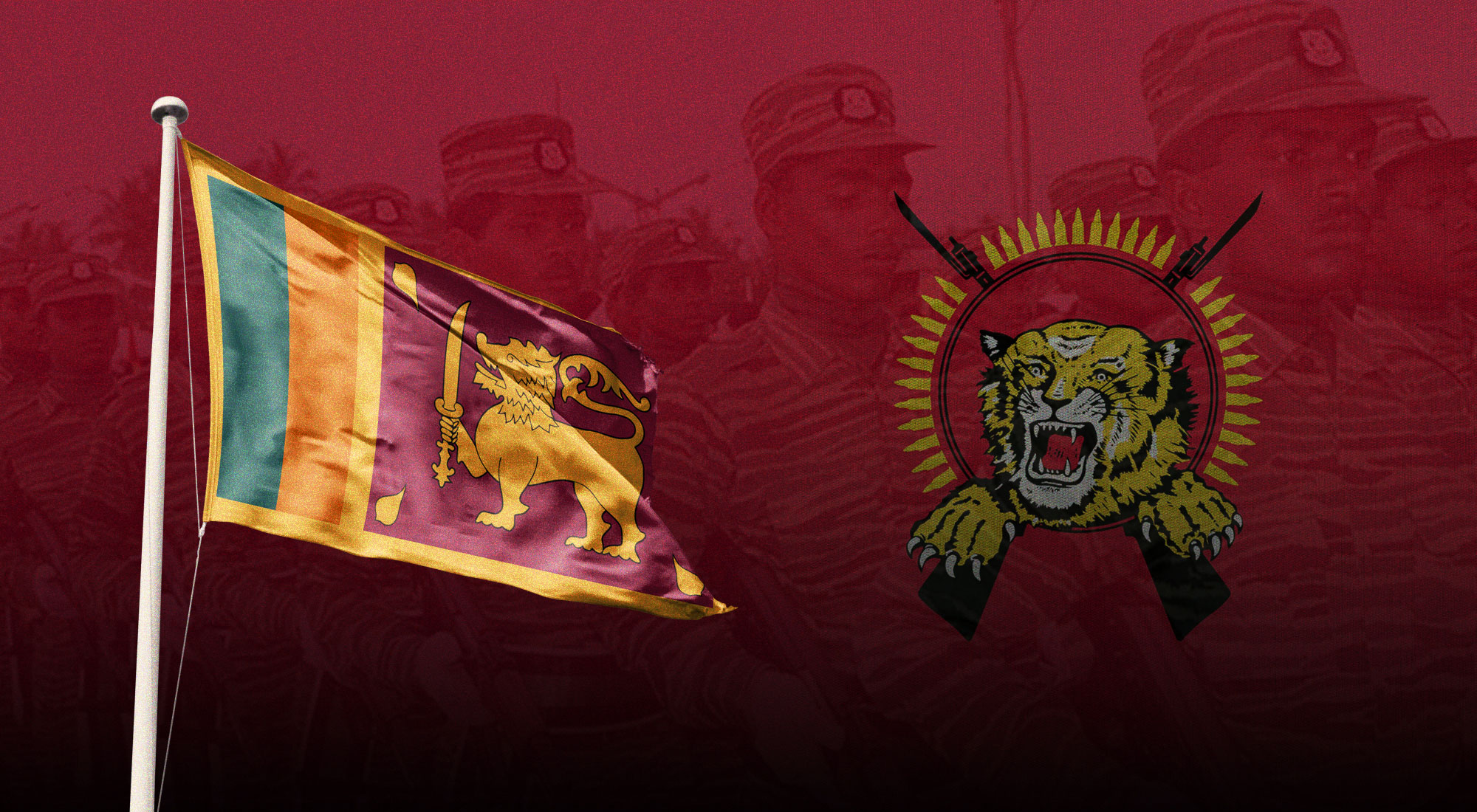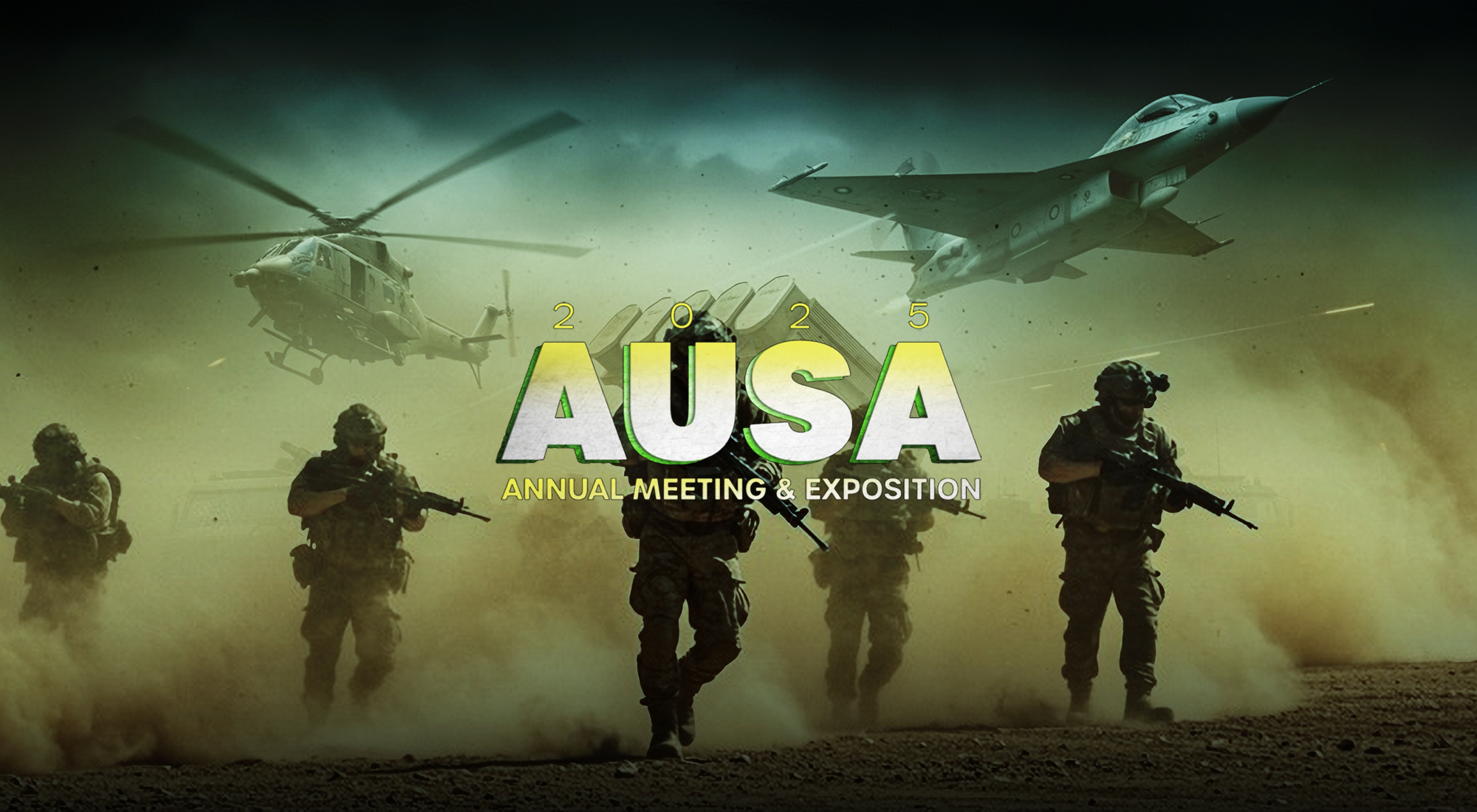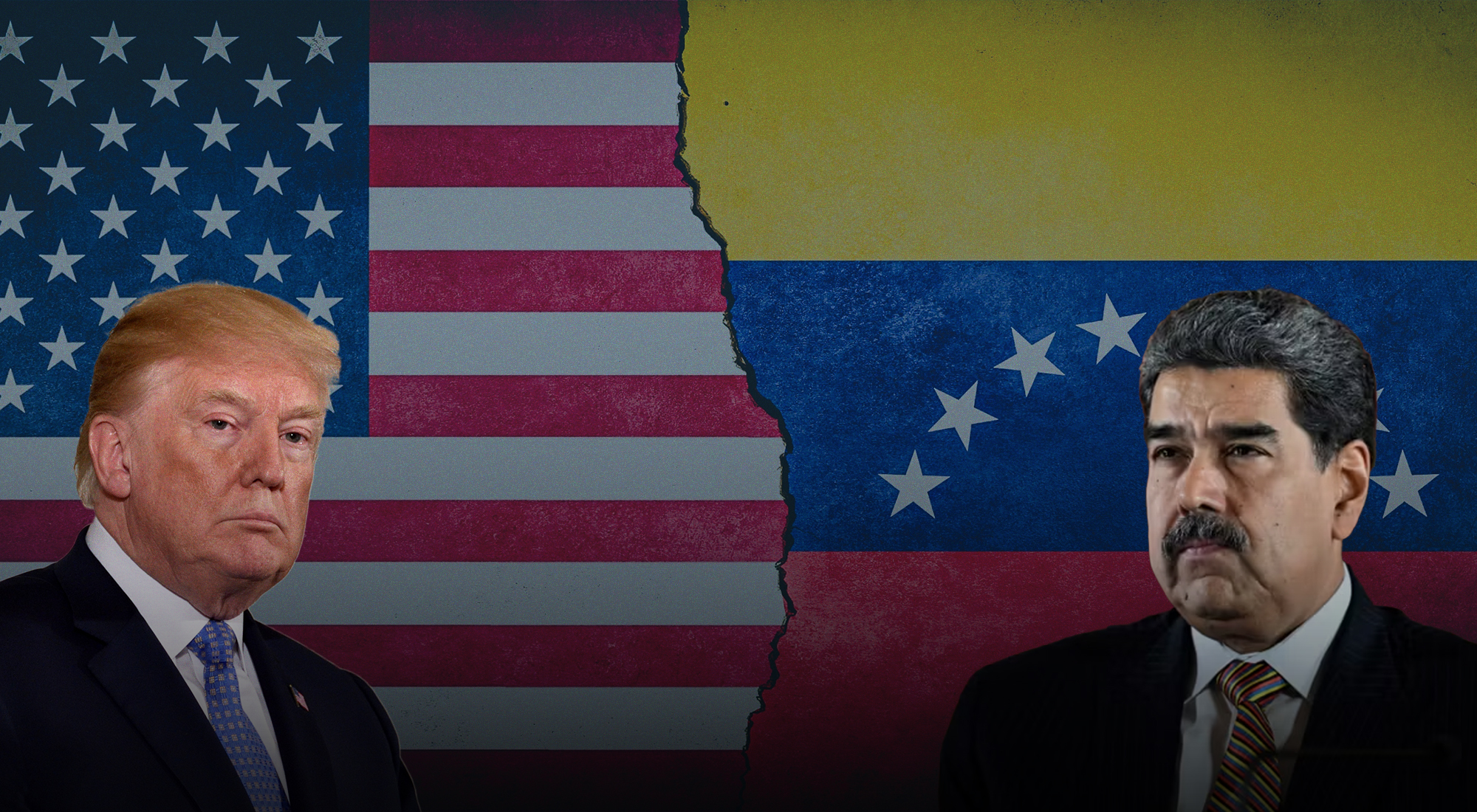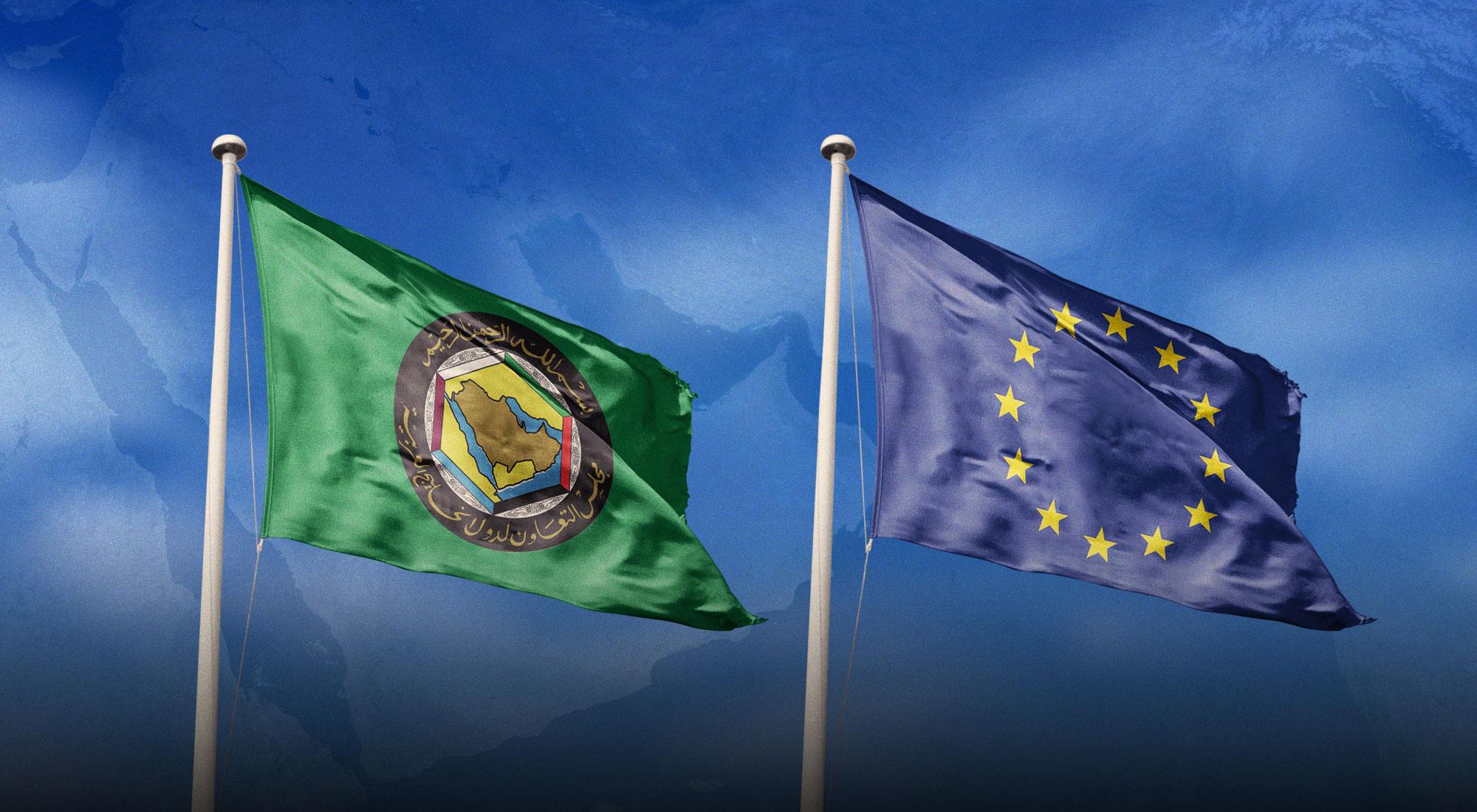Burkina Faso was thrown into turmoil on 24 January 2022, after President Roch Mark Christian Kaboré was overthrown after a heavy exchange of fire in the capital, Ouagadougou. The military coup leader, Lt. Col. Paul Henry Sandaogo Damiba, has since dissolved the government and parliament, closed state borders, suspended the constitution, and imposed a curfew on citizens. The takeover comes on the heels of France’s withdrawal of troops from West Africa in late 2021,[1] and raises questions about the stability of the region, which has been roiled by jihadist violence since a 2012 uprising in Mali and the post-2014 emergence of Islamic State affiliate groups.
Everyone from the United Nations Secretary General Antonio Guterres to French President Emmanuel Macron to the Russian Ministry of Foreign Affairs has expressed concern about the Burkinabé situation and its repercussions for the Sahel region. This article will monitor the developments on the ground after the military council took over management of the country’s affairs, while shedding light on the security risks of the situation, motives and timing of the military intervention, local and international repercussions, and scenarios for post-coup Burkina Faso.
The coup epidemic in Africa
Kaboré assumed power in 2015 and was re-elected in 2020. His failure to deal effectively with extremist movements in the northern and eastern regions of Burkina Faso, particularly threats linked to Al Qaeda, was one of the factors that prompted the Patriotic Movement for Safeguard and Restoration (MPSR) to carry out the latest coup. The MPSR, the official name of the military council that dominates the country, called for increased military support to fight the armed rebels,[2] and had become increasingly disappointed in Kaboré’s neglect of the situation. In addition to replacing Kaboré with Damiba, the MPSR also overthrew the Supreme Military Commander of the Burkinabé army and the Director-General of National Intelligence.[3]
The recent escalation in Burkina Faso reflects the extent of conflict in the Sahel region and Africa in general. Between 1960 and 2000, there have been 82 military coups in Africa, more than any other continent. In 2001 alone, Chad’s President Idriss Deby was killed in April, President Bah Ndaw was overthrown in May (Mali’s second coup in a year), and Guinea’s President Alpha Condé was overthrown in September. Violent conflict has also afflicted Cameroon, the Democratic Republic of Congo (DRC), Sudan, and Ethiopia, and Mauritania is on the cusp of a political crisis.
Many attribute the proliferation of military coups to widespread poverty and corruption in these countries, as well as poor governance and economic performance. Militaries therefore justify seizing power so that they might save their countries from collapse and reform its institutions and economy. These military interventions also have a knock-on effect. A successful coup in one country serves as a model for neighboring countries and greatly increases the possibility of subsequent coups. Many researchers believe that these insurrectionist armies intentionally neglect to protect their own borders and maintain state security, then present themselves as the solution to the instability. Most of the coup leaders are supported by the army, and there is usually popular support for the armed forces.
The military coup in Burkina Faso may also have repercussions in the African Union, especially for Senegal’s presidency of the AU in 2022. Senegal is a close neighbor of Burkina Faso, and Dakar is witnessing a severe political crisis manifested in the outbreak of popular protests against President Macky Sall in March 2021 and confrontations between protesters and security forces. Opposition leader Ousman Sonko, who called for the demonstrations, was arrested by Sengalese police, adding to tensions. If Sall is worried about the developments in his own country, the worry is it the AU will become a lower priority, thus retarding the development of other African governments.
The UN, AU, and Economic Community of West African States (ECOWAS) all condemned the coup in Burkina Faso, with the AU and ECOWAS suspending the country’s membership in their alliances. UN Secretary-General, Antonio Guterres expressed his concern about security conditions in the country, and the UN announced its full commitment to preserve the constitutional order of Burkina Faso.[4] The chairperson of the AU, Moussa Al Faki, echoed Guterres and called on the Burkinabé national army and security forces to adhere to their mission to defend the country and not venture into other countries.[5] Al Faki added that Burkina Faso’s suspension will remain in place until constitutional order is restored.[6] ECOWAS held a virtual summit after the coup, and while they suspended Burkina Faso’s membership they decided not to levy sanctions against them.[7] Neither Burkina Faso’s army nor Damiba have issued a statement in response to the UN, AU, or ECOWAS.
A joint delegation from the UN and ECOWAS traveled to Ouagadougo on Feb. 1, 2022 and met with the ousted Kaboré[8] to check on his health. The delegation, which was headed by Ghanaian Minister of Foreign Affairs Shirley Bochy, also discussed a path forward for Burkina Faso and solutions to prevent internal conflict and civil war with Damiba.[9]
The volatility that comes from these violent uprisings is having negative repercussions in the region, leading to increased poverty, corruption, and instability, as well as human rights violations, the opposite of what each new regime promises. The pace of violence and the military interventions, in conjunction with the French decision to withdraw militarily from the region, has led to speculation about the future of democracy in the Sahel.[10]
Terrorism: A continent-wide wildfire
The Sahel region has also seen a remarkable rise in the rates of terrorism, with an increase in frequency and severity. During the past six years, about 1,500 people have been killed and nearly 1.5 million forced to flee their homes due to the increasing violence of these groups’ activities. Terrorist jihadist groups have become more ferocious since the spread of the Corona pandemic, as governments have become preoccupied with the health crisis, allowing for fewer resources to deal with terrorism.
The expansion of ISIL affiliates into Sub-Saharan Africa has led to a surge in terrorism in many countries in the region. The most-recent Global Terrorism Index in 2020 found that the largest increase in deaths from terrorism occurred in Burkina Faso, where deaths rose from 86 to 593, a 590% increase. The surge in terrorist activity in Burkina Faso[11] is part of a larger increase across the Sahel region in the past few years, with similar surges seen in Mali (148% increase) and Niger (52%). In fact, seven of the 10 countries with the largest increase in terrorism were in Sub-Saharan Africa with Mozambique (186% increase), DRC (149%), Cameroon (51%), and Ethiopia (41%) joining Burkina Faso, Mali, and Niger.[12] The rise was mainly driven by the Jama’at Nasr al-Islam wal Muslimin, the Burkina Faso[13] branch of Ansar al-Islam, and the Islamic State in Greater Sahara (ISGS), who were responsible for 94 deaths in 2019.
The ISGS claimed responsibility for 43 attacks and 266 deaths across Burkina Faso, Mali, and Niger in 2018, including armed assaults and hostage-taking incidents. The group has exploited inter-communal conflicts and recruited members from a range of ethnic groups in the countries of the Sahel. Governments face a dilemma. They must confront these terrorist attacks, yet the very militaries they rely on for counter-terrorism have shown they will overthrow the governments if they don’t sufficiently support them.
The fluidity of borders between the Sub-Saharan Africa countries may also be contributing to the growth of terrorist groups. Burkina Faso, for example, is one of the landlocked countries in the Sahel region. It shares its borders with Benin, Togo, Ghana, and the Ivory Coast to the south, Mali to the north, Niger and Nigeria to the east, and Mali and Ivory Coast to the west. Algeria and Mauritania share indirect borders with Burkina Faso through Mali. The chaos that begins in one of these countries can quickly spread throughout the region and then to adjacent countries such as Libya, Algeria, and Mauritania. The best solution to stabilizing the region is for all these countries and the AU to come together to fight violent extremism, but this is complicated by the fact that governments, dealing with domestic politics and security issues, don’t have the time or resources for regional cooperation.
The French (dis)connection
France’s withdrawal from the Sahel has left countries in the region scrambling for alternative strategies to deal with extremism.[14] The French involvement in the region goes back to colonial times. Burkina Faso, for example, was a former French colony from 1896 until 1960, when it gained independence under the name Upper Volta. Burkina Faso is also one of five countries in the Sahel where French forces were helping local militaries against the jihadist insurrection[15] for more than eight years. During that period, Paris was able to assist the region with a large number of soldiers to supplement the limited military capabilities of the Sahel countries, who faced extremists with much larger forces. The goal was make sure terrorist groups did not expand further in the region and further threaten the stability of these countries.
There were economic and political advantages to the French presence. They strengthened ties with the Sahel countries, and gained access to valuable resources. Mali, for example, is a source of uranium, plutonium, and silicon as well as cotton and gold, which constitutes 15% of the country’s economy from a scant 10 mines. Recently, however, relations between France and the Sahel countries have changed, especially between Paris and Mali, which saw its economy decline by 4.5% last year.
The recent coups in Burkina and Mali might undermine Paris’s influence, as locals look to rid themselves of French hegemony. Macron expressed his concern over the overthrow of Kaboré,[16] but he did not delineate future French policy in the Sahel during his re-election campaign, most likely because it was not strategically advantageous.[17] This is in contrast to his first presidential victory, when he chose Mali as the destination for his first foreign visit.[18] The French President canceled his visit to Mali last December, citing the Corona virus as the reason.[19]
France’s policy of gradual withdrawal from the region is consistent with the orientations of the Biden administration, as evidenced in the United States’ withdrawal from Afghanistan. International powers have come to realize that there are limits to their military and economic capabilities, and there is no advantage in continuing the quagmire of “infinite wars,” or engaging militarily in something that does not constitute a direct threat to its national security. This was confirmed by Macron when he stated in June 2021: “We cannot go on stabilizing zones that fall back into lawlessness because states decide not to take responsibility for them. That’s impossible, or else it is an endless task. France’s long-term presence in external (military) operations cannot be a substitute for a return of the state, of public services, of political stability and for choices made by sovereign states.”[20]
France wants to preserve its influence and financial interests in Africa, but must also balance its responsibilities as the current head of the European Union, who wants to focus on their own continent. To achieve this policy balance the French government emphasized that their reduced military presence did not mean they were completely withdrawing from the region, and to counteract Russia they are working with their international partners to increase their presence in the Sahel to establish stability and security and confront armed groups.
Russia steps into the void: How will the U.S. respond?
While the French military presence in Africa is fading away, particularly in the Ivory Coast, Russia is stepping in. Moscow increased its weapons exports to Africa, and the continent is now the destination for 16% of total Russian arms sales. Russia is also planning to establish a military logistics center in Port Sudan on the Red Sea, and its private security forces, known as the Wagner Group, are based across several African countries, including Mozambique, Central African Republic (CAR), Libya, and Angola.[21]
The situation in Burkina Faso has links to Russia, too. Though the Russian Ministry of Foreign Affairs declared its deep concern due to the worsening situation in Burkina Faso and warned Russian citizens against traveling to Burkina Faso except out of necessity, reports indicate that one of the reasons behind Kaboré’s ouster is his refusal to hire the Wagner Group.[22] The former president wanted to avoid a direct confrontation with the West and the U.S. and was concerned about the ramifications of an alliance with Russia. Damiba, on the other hand, sought to strengthen his relations with the Russians to counter terrorism, especially in light of European threats to withdraw from the Sahel region. A day after the coup, Alexander Ivanov, the official representative of Russian military trainers in CAR, offered training to the Burkinabé military, pointing to Russian involvement in the coup.
The Wagner Group now has partners in CAR, Burkina Faso and Mali, who also welcomed the paramilitary group to participate in military operations with its army. The Sahel region could have added importance given the heightened tensions between the West and Russia brought on with the war in Ukraine. The U.S. halted nearly $160 million in aid to Burkina Faso after the military coup in an attempt to obstruct the Russian presence in Africa, and U.S. Department of State spokesman Ned Price condemned the overthrow and the detainment of Kaboré and other government officials.
U.S. involvement in Burkina Faso goes back to 2009, when Washington provided the country’s military with funding and weapons as part of its post 9/11 counter-terrorism program.[23] The countries also have trade relations, with Burkina Faso importing machinery, vehicles and rice from the U.S. and exporting fruits and nuts. The U.S. also signed a trade and investment agreement with the West African Economic and Monetary Union, which includes Burkina Faso, and potential investments in the region could include renewable energy, mining, communications, and the security sector. In a different context, the military coup in Burkina Faso has strained U.S.-Burkina Faso relations, particularly after the U.S. decision to suspend U.S. foreign aid, and may also affect the form of military and economic cooperation between the two countries, particularly in light of the rapprochement between Damiba and the leader of the military coup in Mali, known for his hostility to the West at Russia’s expense.
Post-coup scenarios
What will the consequences be of the overthrow of Kaboré and the withdrawal of France? These are a few scenarios that might develop in Burkina Faso in the future, depending on how Damiba chooses to govern and what outside forces do in reaction.
Scenario One: Burkina Faso follows the model of Mali, where after the military coup, Colonel Assimi Guetta was appointed the interim president of Mali. Under this scenario, the MPSR feels its authority is threatened and announces Damiba as transitional president. It seeks to improve relationships with foreign powers to demonstrate its control of the country.
Scenario Two: The MPSR chooses to listen to the international community, AU, and ECOWAS and sets a date for presidential and parliamentary elections. The military council restores the constitution and opens their borders to their neighbors. Transition leaders leave politics and return to their positions in the military.
Scenario Three: Kaboré’s absence leads to an escalation of terrorism, and these threats persist for an extended period. Burkina Faso’s military is unable to quell armed operations by Jama’at Nasr al-Islam wal Muslimin and ISGS, and the country becomes part of the instability in the Sahel.
Scenario Four: The Transitional Council in Burkina Faso forms a transitional government comprised of members of the MPSR but also the opposition. The presidency is overseen by the military, but the country submits to supervision by international and regional bodies.
Scenario Five: International conflict breaks out between those seeking to extend their influence and control over the Sahel region. France, which wants to protect its economic interests and maintain its traditional ties to Burkina Faso, seeks to win over the new transitional government, but is opposed by Russia, which uses its regional ties through the Wagner Group to influence Damiba and strengthen Moscow’s influence.
Conclusion
The military movements led by the Burkinabé army may lead to a bloody conflict between the ousted government and MPSR. Another coup could occur, and Burkina Faso could become mired in constant conflict like Mali and Guinea. France is expected to reaffirm its influence within the country, especially now that there are many indications that Damiba is trying to strengthen relations with Russia and work with the Wagner Group to fight terrorism. This echoes what happened in Mali, which drove a wedge between Bamako and Paris.
Military interventions are not new to Africa or the Sahel region and will likely remain a distinctive attribute of the region. This will block economic development and impede stability for the countries of the continent, unless obstacles to coups are put in place and binding legislation is enacted for all AU countries. Any development map must be crafted in accordance with African visions and interests and not the goals of foreign countries or Western interests. Pressures and foreign aid to Western countries may be a means of putting pressure on African countries, which may not be in line with the aspirations and wishes of African countries, and may affect the forms of relations between African and major countries.
To achieve this lofty goal, the AU must be strengthened. The current body lacks effective mechanisms to deter military interventions, and without them actions such as the suspension of Burkino Faso can only calm situations, not deter them. Until the coup epidemic is cured, Africa will lack the necessary stability to move forward in its development.
References
[1] “Macron Announces France’s Sahel Military Force Will End in Early 2022,” France 24, 14 July, 2021, https://www.france24.com/en/france/20210713-macron-announces-france-s-sahel-military-force-will-end-in-early-2022.
[2] Trevor Filseth, “Military Junta Takes Power in Burkina Faso,” National Interest, 25 January, 2022, https://nationalinterest.org/blog/buzz/military-junta-takes-power-burkina-faso-199914.
[3] “Burkina Faso Coup: New Leader Damiba Gives First Speech,” BBC, 28 January, 2022, https://www.bbc.com/news/world-africa-60164531.
[4] “Guterres Calls on Burkina Faso Coup Leaders to ‘Lay Down Their Arms,’ ” UN News, 24 January, 2022, https://news.un.org/ar/story/2022/01/1092382 (Arabic source).
[5] “African Union Condemns ‘Attempted Coup’ in Burkina Faso,” Reuters, 24 January, 2022, https://www.reuters.com/article/burkina-security-au-idAFS8N2SN06D.
[6] “African Union Suspends Burkina Faso after Military Coup,” Reuters, 31 January, 2022, https://www.reuters.com/world/africa/african-union-suspends-burkina-faso-after-military-coup-2022-01-31/.
[7] “Suspension of Burkina Faso’s Membership in ECOWAS, in Response to the Coup,” Al Ain News, 28 January, 2022, https://al-ain.com/article/ecowas-burkina-faso-detainees (Arabic source).
[8] “ECOWAS Delegation and UN Meet with Burkina Faso’s New Leader,” Africa News, 1 February, 2022, https://www.africanews.com/2022/02/01/ecowas-delegation-and-un-meet-with-burkina-faso-s-new-leader/.
[9] Ibid.
[10] “Burkina Faso: rumeurs de coup d’État,” Le Point Afrique, 24 January, 2022, https://www.lepoint.fr/afrique/burkina-faso-le-president-roch-marc-christian-kabore-arrete-24-01-2022-2461733_3826.php.
[11] Institute for Economics and Peace, Global Terrorism Index Report 2020. Institute for Economics and Peace, 2020, p.2 https://visionofhumanity.org/wp-content/uploads/2020/11/GTI-2020-web-1.pdf (Arabic source).
[12] Ibid. p 2.
[13] Ibid. p. 50.
[14] Paul Taylor, “France Stuck in Sahel despite ‘Withdrawal,’” Politico, 12 June, 2021, https://www.politico.eu/article/emmanuel-macron-france-stuck-in-sahel-west-africa-despite-withdrawal/.
[15] “France, UN Join West African States in Denouncing Burkina Faso Army Takeover,” France 24, 25 January, 2022, https://www.france24.com/en/africa/20220125-france-un-join-west-african-states-in-denouncing-burkina-faso-military-takeover.
[16] “France’s Macron Condemns Burkina Faso Coup, Says Calm Prevails for Now,” Reuters, 25 January, 2022, https://www.reuters.com/article/burkina-security-france-macron-idAFP6N2SF00Q.
[17] “The Decline of French Influence in Africa… What Is Its Impact on Macron’s Chances in the Elections?” Sputnik, 31 January, 2022, https://arabic.sputniknews.com/20220131/تهاوي-النفوذ-الفرنسي-في-أفريقياما-تأثيره-على-حظوظ-ماكرون-في-الانتخابات-1057552341.html.
[18] “After France’s Withdrawal, Mali between Extremist Attacks and Sanctions Hell,” Deutsche Welle, 23 December, 2021 https://www.dw.com/ar/بعد-انسحاب-فرنسا-مالي-بين-هجمات-المتطرفين-وجحيم-العقوبات/a-60225249.
[19] “France’s Macron Cancels Mali Trip over New COVID Wave,” Reuters, 18 December, 2021, https://www.reuters.com/world/africa/frances-macron-cancels-mali-trip-over-new-covid-wave-2021-12-18/.
[20] Paul Taylor, “France Stuck in Sahel despite ‘Withdrawal,’” Politico, 12 June, 2021, https://www.politico.eu/article/emmanuel-macron-france-stuck-in-sahel-west-africa-despite-withdrawal/.
[21] Amy MacKinnon, “Who Blessed the Vlads Down in Africa?” Foreign Policy, 24 September, 2021. https://foreignpolicy.com/2021/09/24/russia-wagner-group-mali-africa-putin-libya/.
[22] Philip Obaji Jr., “African President Was Ousted Just Weeks After Refusing to Pay Russian Paramilitaries,” The Daily Beast, 25 January, 2022, https://www.thedailybeast.com/burkina-faso-president-ousted-after-refusing-to-pay-wagner-mercenaries.
[23] Stephanie Savell, “U.S. Security Assistance to Burkina Faso Laid the Groundwork for a Coup,” Foreign Policy, 3 February, 2022, https://foreignpolicy.com/2022/02/03/burkina-faso-coup-us-security-assistance-terrorism-military/.








